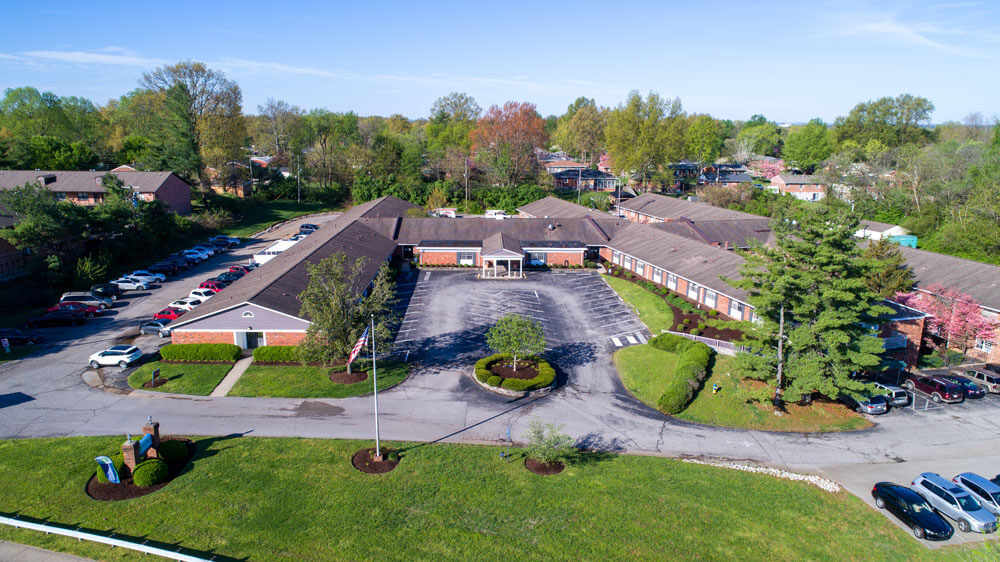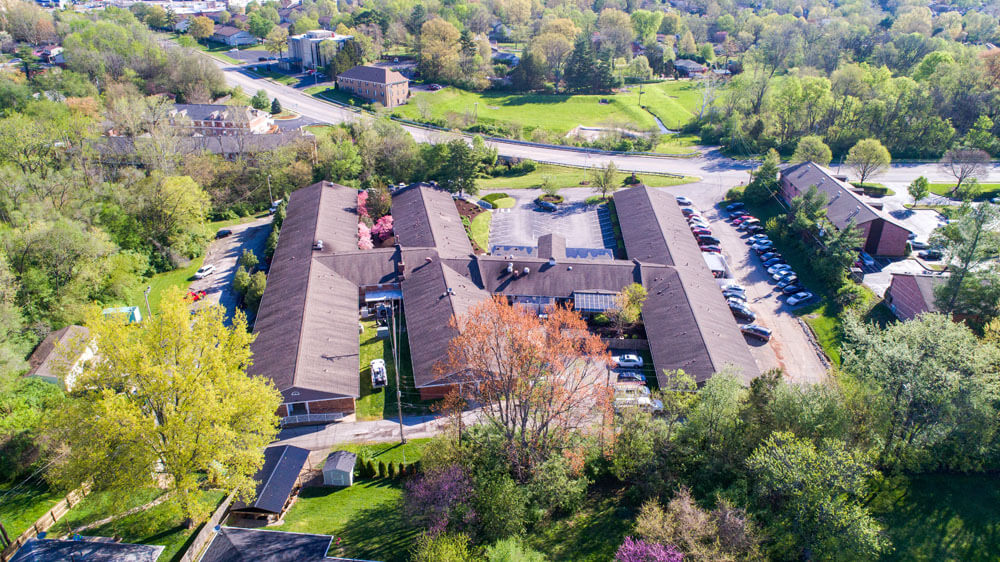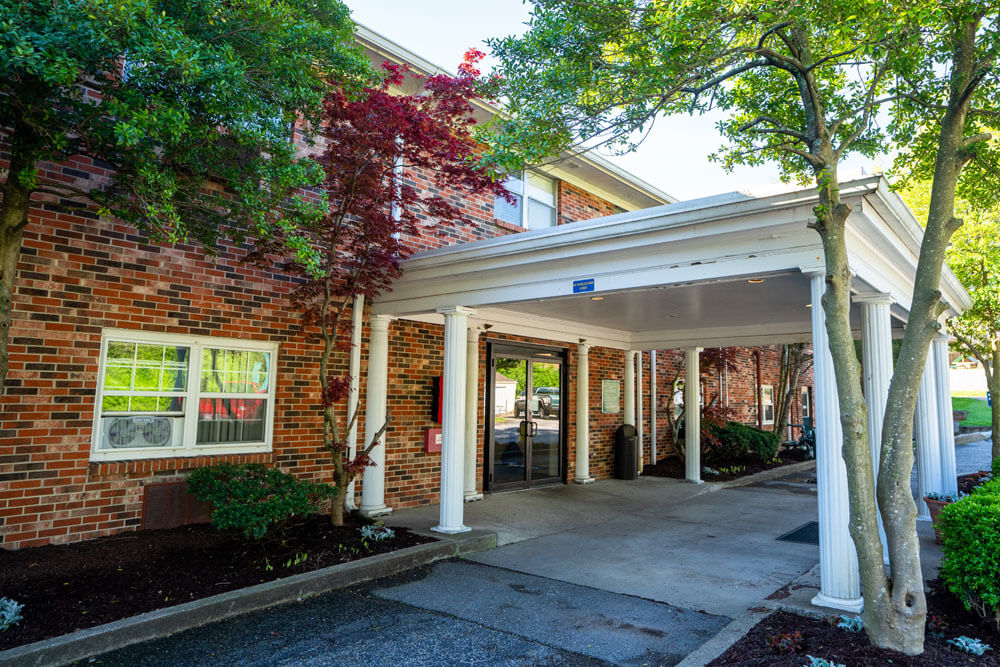
Baby Boomers Help Others and Themselves Through Volunteering
It’s a fact that helping others can also help you. Studies show that volunteering is good for your health in many ways, adding as many as 5 years to one’s life.
Census data shows that 46 million people in the United States are over 65 and the 76 million baby boomers will soon put the responsibilities of career and children behind them. In addition to all that extra time, this generation has more education and more career success than any prior generation. Baby boomers, those born between 1946 and 1964, still have a strong desire to see change in their community. They have strong leadership skills and knowledge. They are healthier and more active than previous generations. However, studies show that only about one third lend their many talents and abilities to volunteer organizations.
David Eisner, CEO of the Corporation for National and Community Service, says, “America’s baby boomers are an untapped resource of extraordinary proportions. They are the largest, healthiest, best-educated generation in history – and they can leave an incredible legacy through service to others.”
Benefits of Volunteering
Many retired adults lean toward traveling and part-time work instead of volunteering, even though studies show that volunteering can add as many as 5 years to one’s life. Volunteering is good for your health in many ways.
- It increases energy.
- It decreases depression.
- It lowers mortality rates.
- It lessens loneliness and isolation.
- It contributes to a sense of belonging and purpose. Volunteering provides a sense of making an impact.
- It helps form new relationships and bonds. Volunteering is a good way to meet new and interesting people, which is often missed after years of the comradery experienced with coworkers.
- It increases mental simulation by learning new things and putting career experience and skills to work again.
It’s a fact that helping others can also help you, so why do so few retirees and baby boomers volunteer? One reason could be that they haven’t found a meaningful place to put their skills and talents to work. The volunteer situations they tried proved to be menial and unfulfilling. When Julie, a retired child-care provider, showed up to pack meals to be sent to war-torn areas of Africa, there were more volunteers than there was work to be done. Julie left feeling that her time had been wasted.
As you determine where you would like to devote your time and abilities, consider three tips:
- Volunteering is a way to invest in the future. The impact you make now can have lasting, long-term results. When former First Lady, Barbara Bush, spoke at the 2012 Points of Light Conference on Volunteering and Service, she said, “Volunteering and community service is a lot like planting peonies. You may not see the results right away, indeed you may never see them, but you never know when you will plant a seed that one day will sprout and bloom forever.”
- Sign up for a short-term or one-time volunteering opportunity to see if the organization and the cause is a fit for your abilities. Events such as cleaning up a park, collecting warm coats for a homeless shelter, stocking the pantry at a food bank, or walking dogs at the animal shelter are excellent ways to get started.
- Volunteers are more likely to volunteer long term if they feel passionate about the work. Think through the issues that matter to you—education, the homeless population, the unemployed, poverty, or child hunger. This will ensure that you find a place to serve that will have meaning for you. Consider some of the opportunities below.
Volunteer Possibilities
- Schools—If working with children and young people appeals to you, schools offer many opportunities with various time commitments. Schools need mentors, tutors, reading partners, after-school program helpers, and help with fund-raising activities. Foster Grandparent Program allows older adults to mentor children who need extra help in school, support through medical procedures, or just a good listener.
- Churches—When Marilyn down-sized from her home with a large yard, she missed digging in the dirt, planting flowers, and pulling weeds, so she volunteered as part of the church beautification team. Churches utilize volunteers with a wide variety of skills, from childcare to financial committees.
- Youth sports—Youth teams often must rely on working parents who may have little time and little knowledge of the game. These youth organizations can benefit from coaching by older adults who have both time and knowledge. It’s a great way to stay young and meet new people.
- Healthcare—Older adults with a medical background are in great demand in local clinics and on medical trips abroad. Many groups offer volunteer vacations where a trip to a great location is combined with a volunteer aspect. Even those with no medical background can volunteer at hospitals or skilled-nursing facilities where many residents often just need someone to read or talk with them.
- Small businesses—Many small business owners need advice but can’t afford consulting fees. Many retirees have decades of business experience and wisdom to share. Consider being a mentor or coach to a small business owner. SCORE is a non-profit organization that draws on the experience of retired business executives to offer free consulting services, run training seminars, and teach classes.
- The Elderly—The Senior Companions Program of the Corporation for National and Community Service matches people over 55 with elderly members of the community who need a helping hand. This might involve sitting with an elderly person a few times a week to provide relief to the family, picking up groceries, or giving a ride to doctor’s appointments.
- Poverty or Hunger Programs—According to Feeding America, over 5 million homes in the United States make use of local food pantries for emergency food. Food pantry volunteers sort, shelve, and deliver donated products.
- Homelessness—Habitat for Humanity is always looking for qualified baby boomers, especially those with construction and carpentry skills, to join work crews in locations across the United States. Even those with no construction experience are needed as job site “gofers” and for cleaning, painting, and landscaping. Several organizations undertake rebuilding projects in areas devasted by natural disasters. This is a great way to become involved in the local culture that can’t happen on a typical vacation.
There is no shortage of volunteer opportunities for baby boomers who want to make an impact on their community. Put your years of experience and knowledge to work again and start enjoying the long list of health benefits from volunteering.
Often when you think you’re at the end of something,
you’re at the beginning of something else.” ~ Fred Rogers






